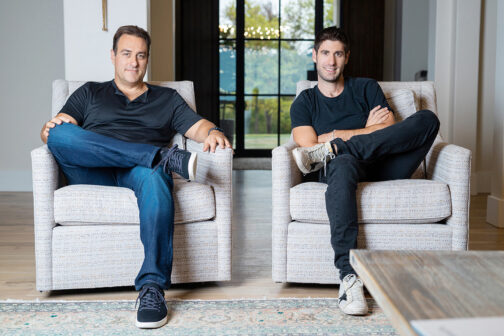Last week, in a decisive 6-3 opinion, the U.S. Supreme Court ruled that the 1964 Civil Rights Act, which protects against employment discrimination based on sex, applies to gay, lesbian, and transgender workers.
We talked with Carrie Hoffman, a labor and employment attorney with Foley & Lardner, to learn what the ruling means for North Texas employers. Here are excerpts from our conversation:
D CEO: What does the ruling mean for employers and employees?

CARRIE HOFFMAN: “If I’m a person that fits in the LBGTQ community, it’s not like the Equal Employment Opportunity Commission has to change their forms, because I just have to check the sex box; this decision says, sex is sex—it doesn’t matter why. Employers across the country need to make sure their policies comply, that their managers are being trained appropriately, so when we do Equal Employment Opportunity-type training of supervisors and executives, they understand [LBGTQ discrimination is] no longer permitted, regardless of where you live.
D CEO: What recommendations do you have for employer education and training?
HOFFMAN: “My recommendation is always that every employee gets trained on the company’s harassment and discrimination policies. It’s different for hourly workers, because they’re not making decisions about other people’s employment … and if they have a complaint, we want them to raise it internally as opposed to finding a lawyer and suing us, meaning we want the opportunity to correct bad behavior.
“With managers and supervisors who are making decisions that have impact and could potentially lead to liability if somebody determined they were inappropriate and illegal, we would we do different training about what their obligations are, what they need to do when someone comes to complain to them about any issue, LGBTQ included.
“I also don’t want my supervisors and managers in most companies conducting harassment and discrimination investigations. I generally want that in the hands of the whoever’s in charge of Equal Employment Opportunity for the company. I want the HR person, or whoever’s handling it if they don’t have an HR team … I want it taken seriously, and I want it done appropriately and documented so if somebody later sues me, I can demonstrate that I’ve done what I need to do under the law to correct any bad behavior.”
D CEO: Do you see this having any impact on the local job market?
HOFFMAN: “It’s always hard because you don’t know individual managers’ and supervisors’ biases. Your personal views need to be checked at the door, and you need to, obviously, train employees within the confines of the law, and it’s difficult as a company to know [discriminatory action] is going on. That’s why training is important.”






